The House of Representatives witnessed an unusual political alignment with five Democrats joining 216 Republicans to pass the Safeguard American Voter Eligibility (SAVE) Act.
This bill, securing a 221 to 198 victory, aims to tighten voter eligibility by requiring proof of U.S. citizenship, reflecting an ongoing national debate over voting rights.
Robust Republican Support
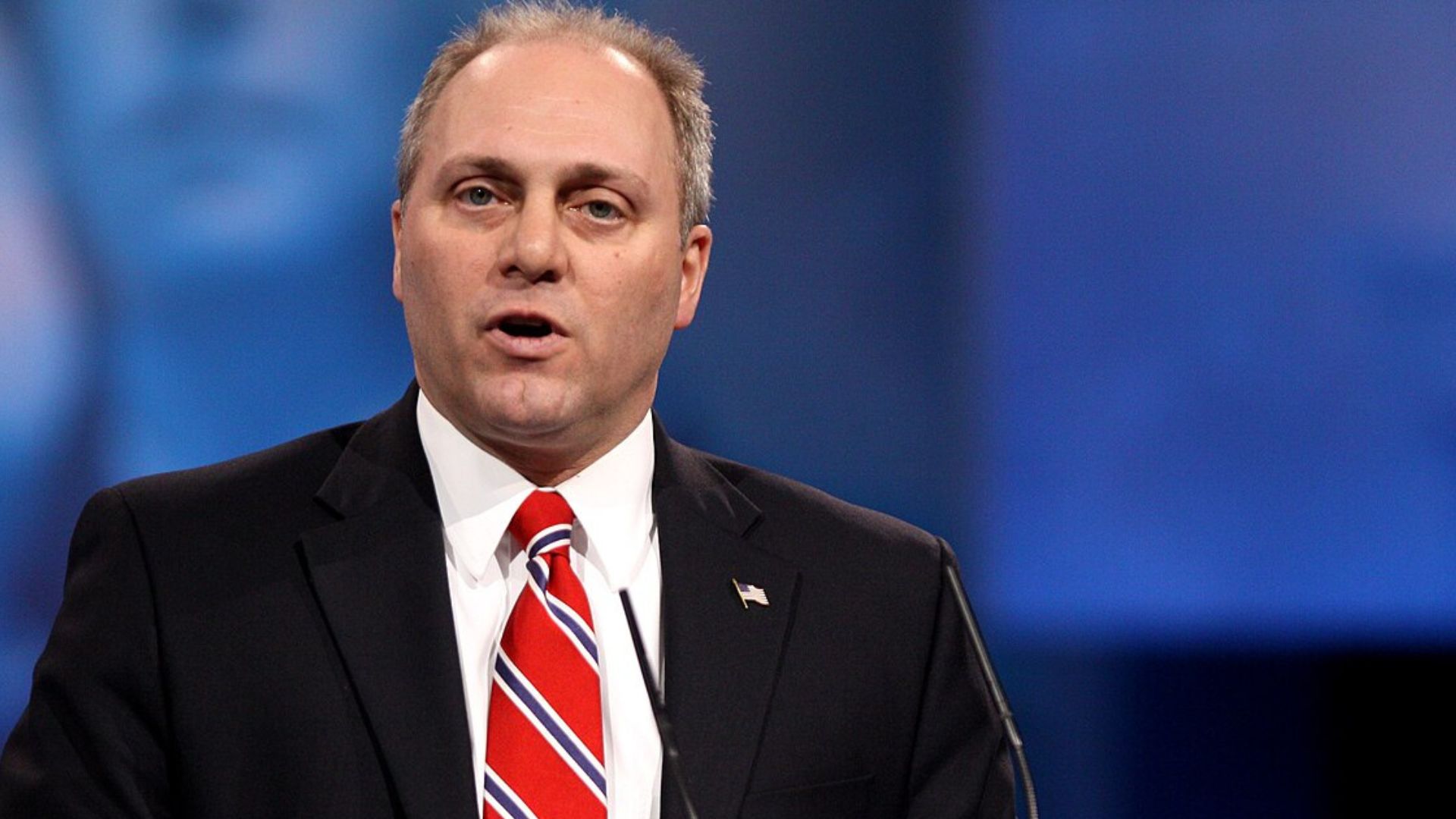
The SAVE Act garnered substantial support within the Republican Party, with 104 co-sponsors.
Prominent figures included House Majority Leader Steve Scalise of Louisiana, Majority Whip Tom Emmer of Minnesota, Republican Conference Chair Elise Stefanik of New York, and Republican Policy Committee Chair Gary Palmer of Alabama.
Trump’s Vocal Backing
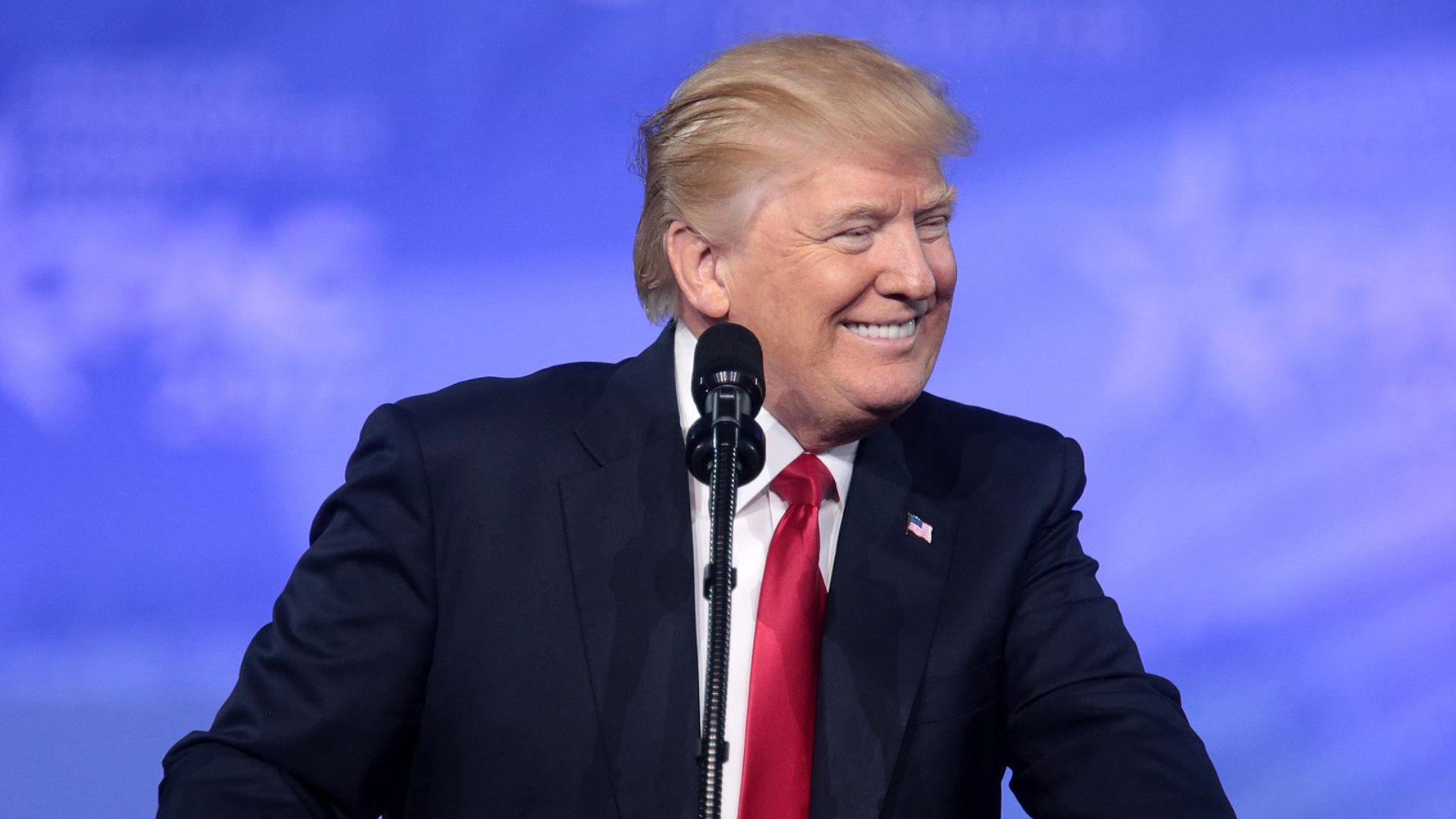
Former President Donald Trump has thrown his full weight behind the SAVE Act.
He starkly told the House of Representatives that they should “pass it, or else go home and cry yourself to sleep,” highlighting the bill’s importance in his view.
Chip Roy’s Challenge to Democrats
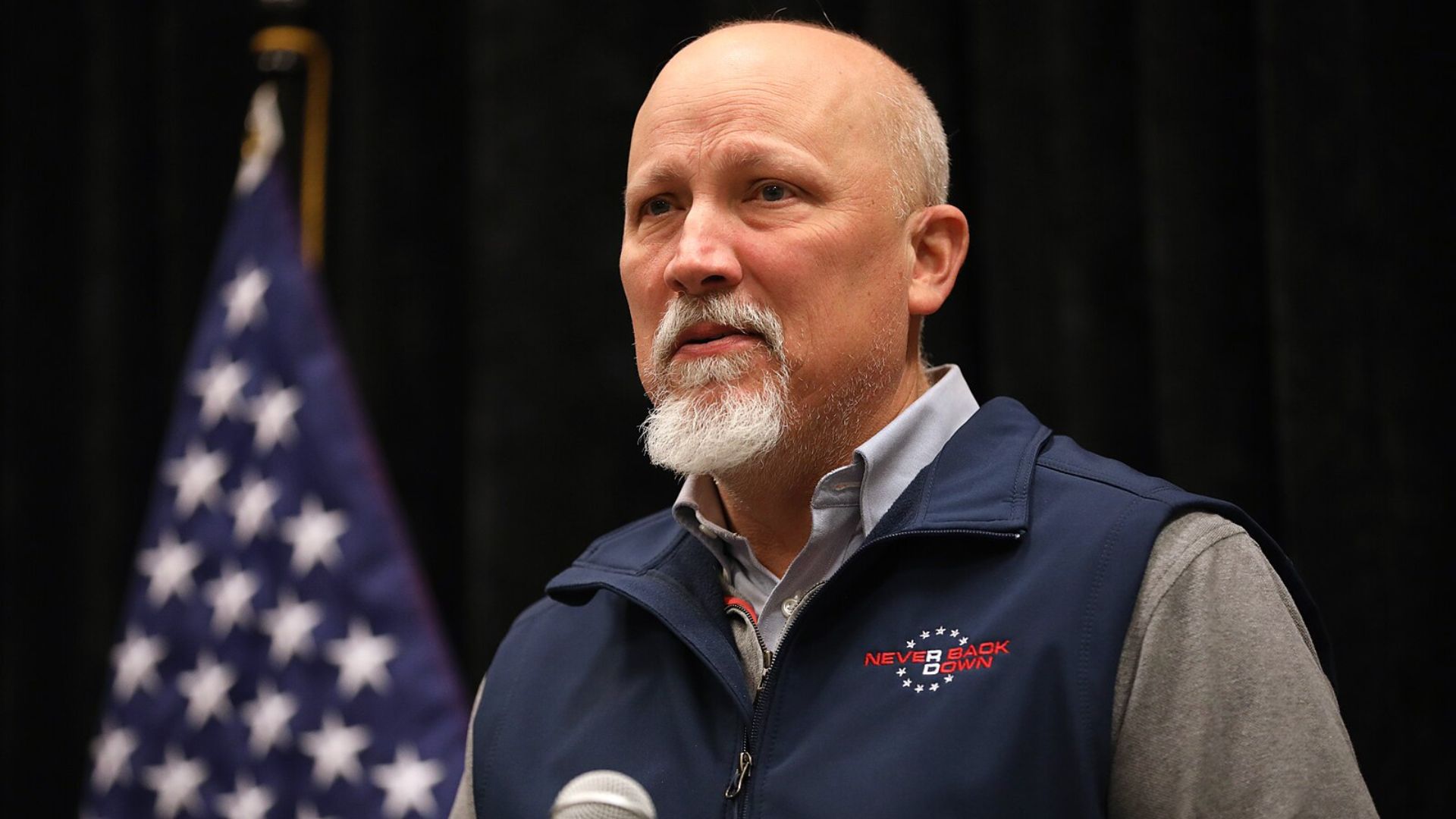
On the floor of the House, Representative Roy issued a challenge to the opposition, emphasizing the bill’s intention to confirm voter citizenship.
He stated, “I dare [Democrats] to vote no against a bill that says that only citizens—American citizens—should vote in American elections.”
Accusations Against Democrats

Amidst the legislative debate, Speaker Mike Johnson accused Democrats of opposing the integrity of the electoral process.
He wrote on X (formerly Twitter), “Why are Democrats so adamantly against ensuring only American citizens vote in our elections? They want to turn illegal aliens into voters. We must pass the SAVE Act to prevent this.”
Examining Claims of Voter Fraud
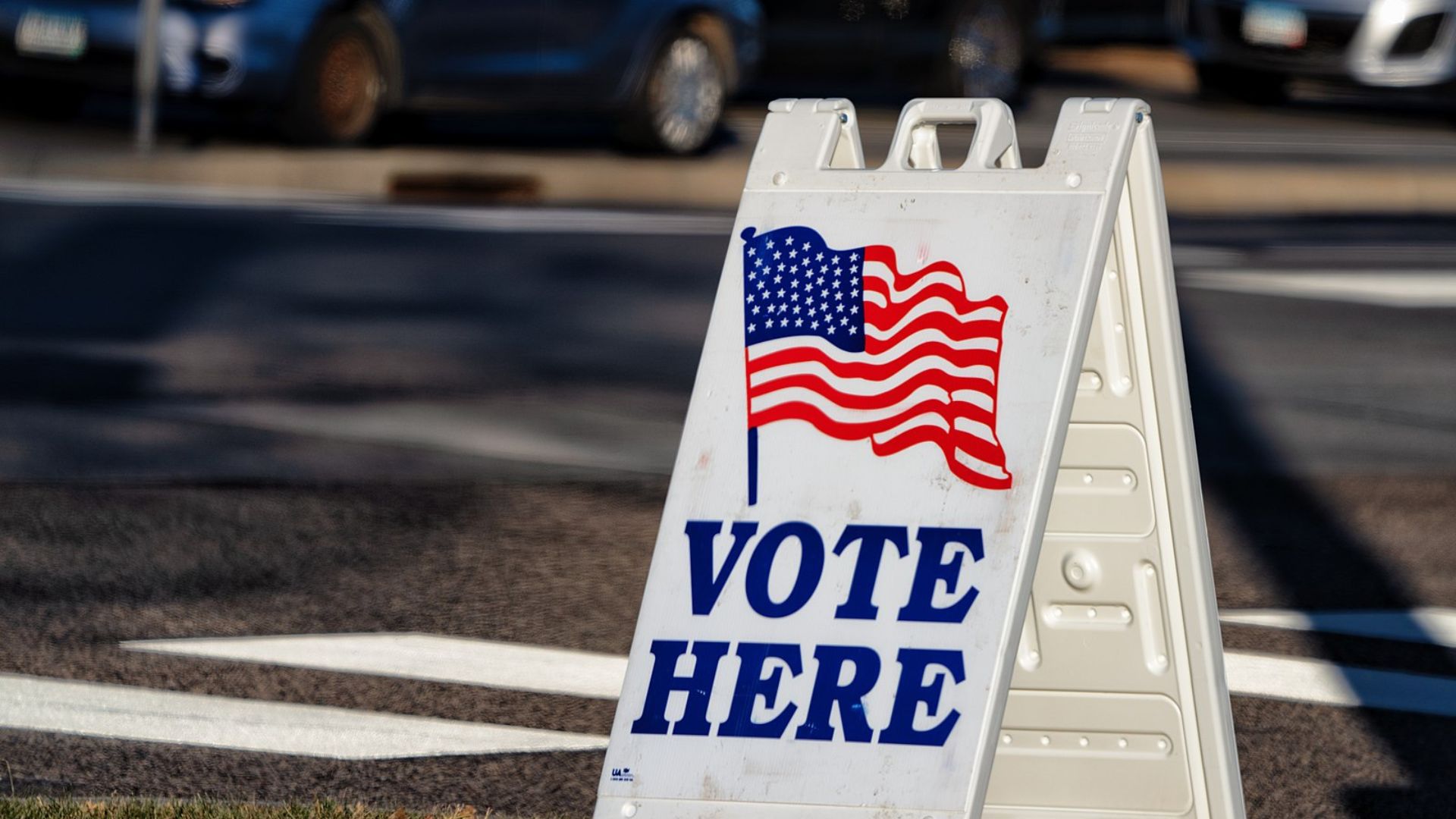
A comprehensive study covering two decades (2002 to 2022) showed that voter fraud by non-citizens is incredibly rare, with less than 100 cases identified among over a billion ballots.
This suggests that the problem may not be as widespread as some fear.
The Five Democratic Supporters
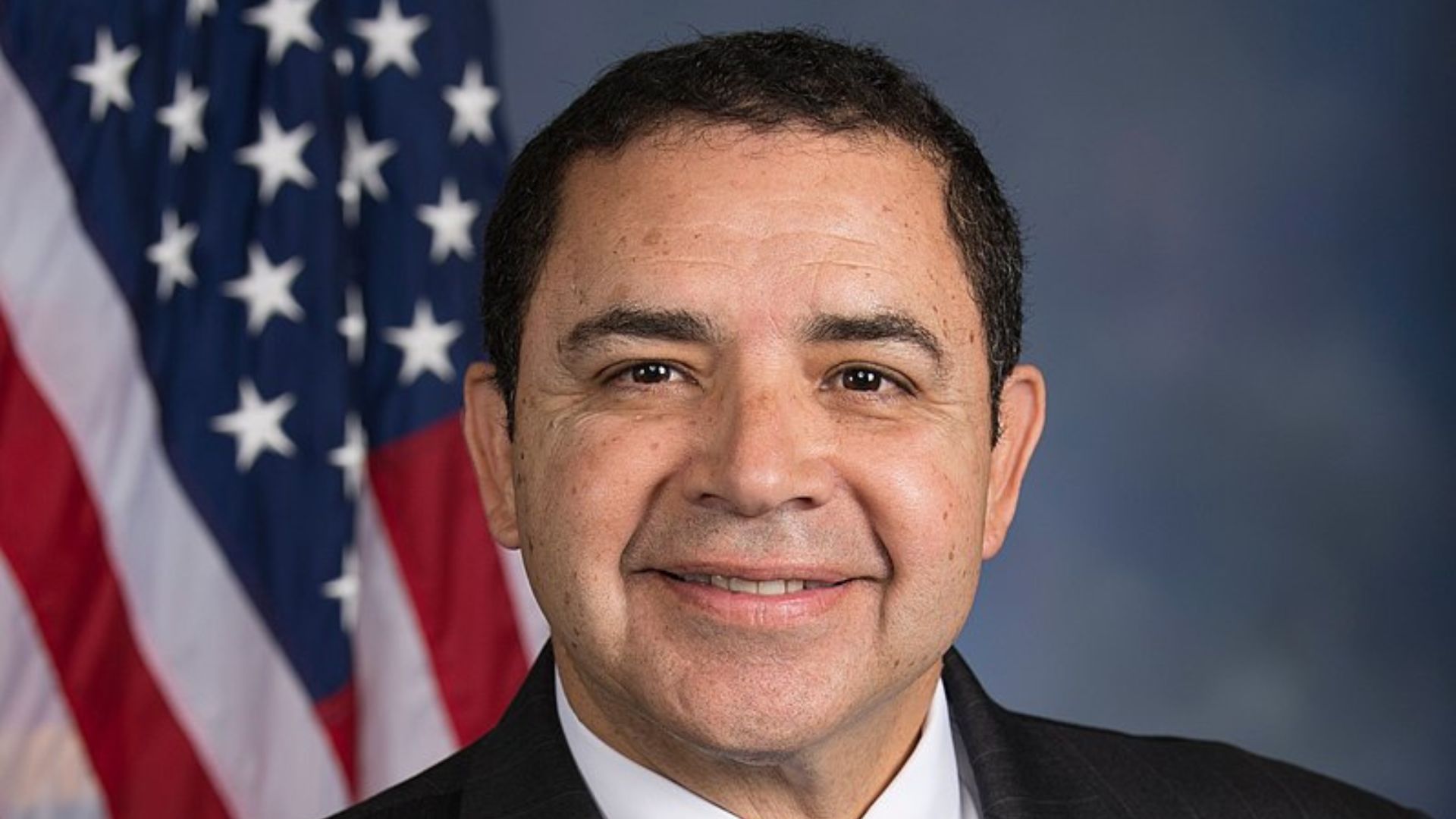
The Democrats who crossed party lines to support the SAVE Act were Representatives Henry Cuellar of Texas, Don Davis of North Carolina, Jared Golden of Maine, Vicente Gonzalez Jr. of Texas, and Marie Gluesenkamp Perez of Washington.
Their votes were pivotal in the passage of the bill.
Removing Non-Citizens from Voter Rolls
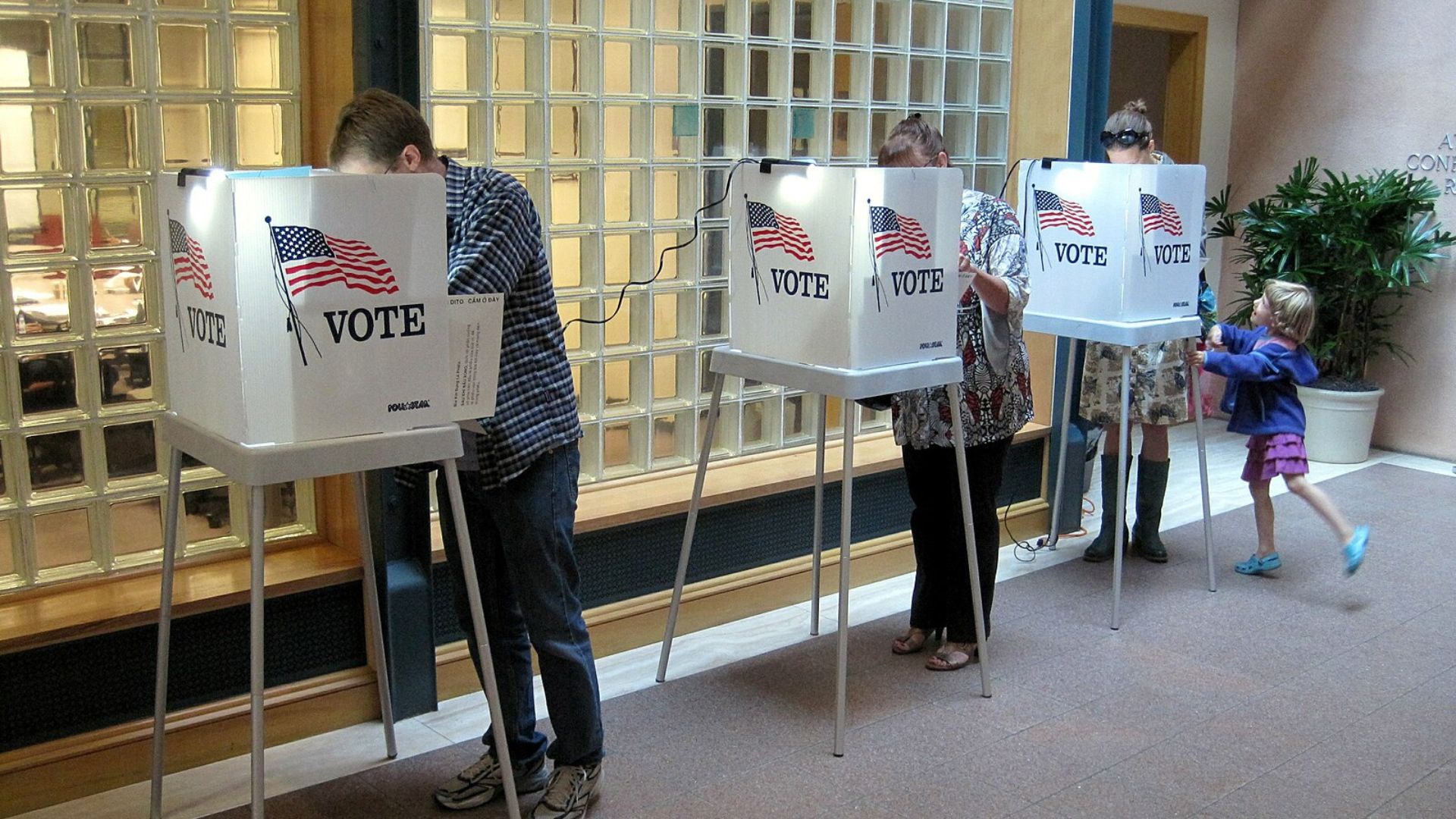
Additionally, the SAVE Act requires states to establish programs to identify non-citizens using information from specified sources and remove them from official lists of eligible voters.
This measure is intended to maintain the integrity of the voter rolls.
State Variance in Voter ID Laws
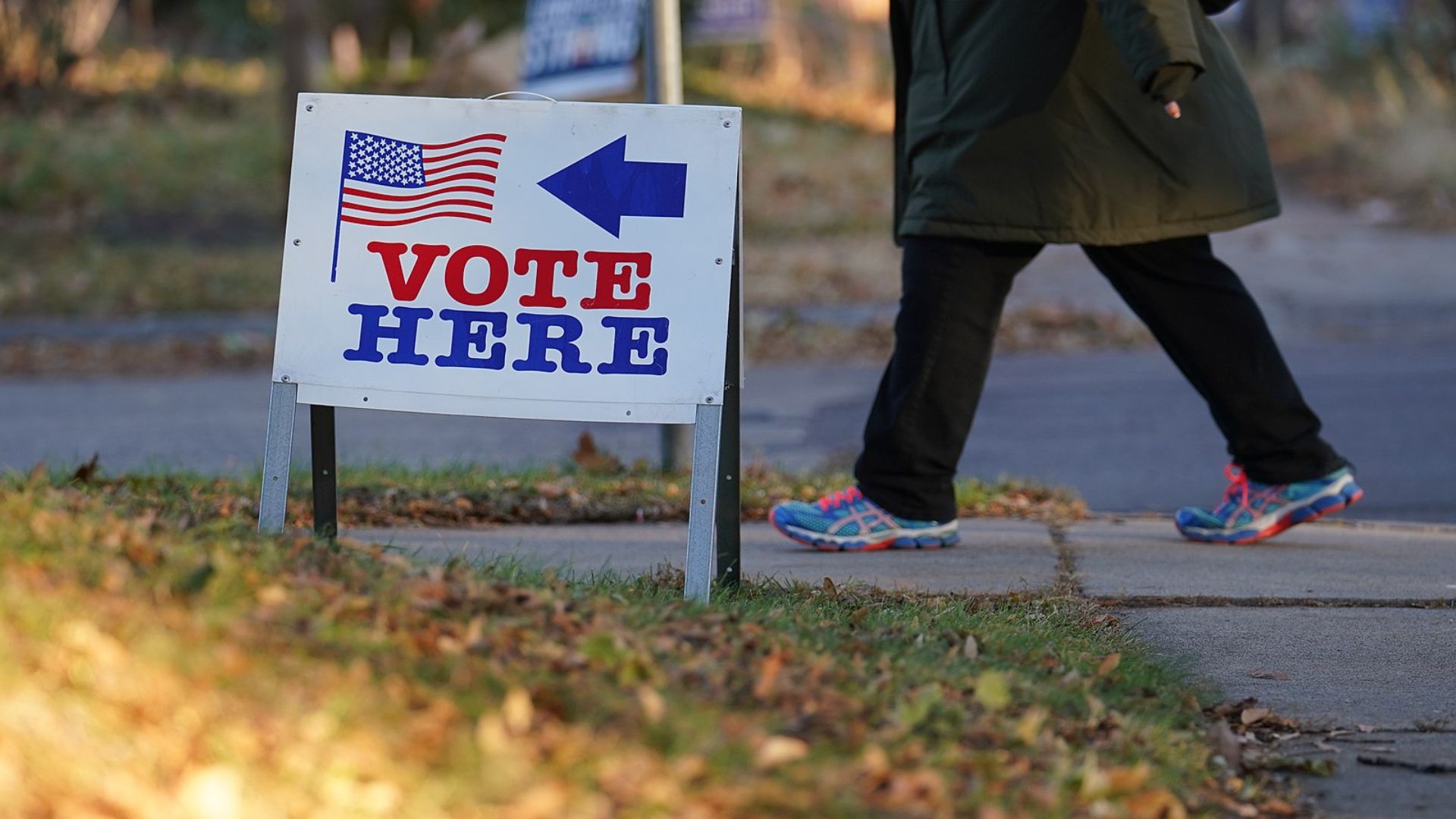
Currently, 36 states require some form of identification to vote, while the remaining states and the District of Columbia have non-documentary ID requirements.
These include methods like signing an affidavit or providing personal information at the polling place.
Democratic Leadership’s Resistance
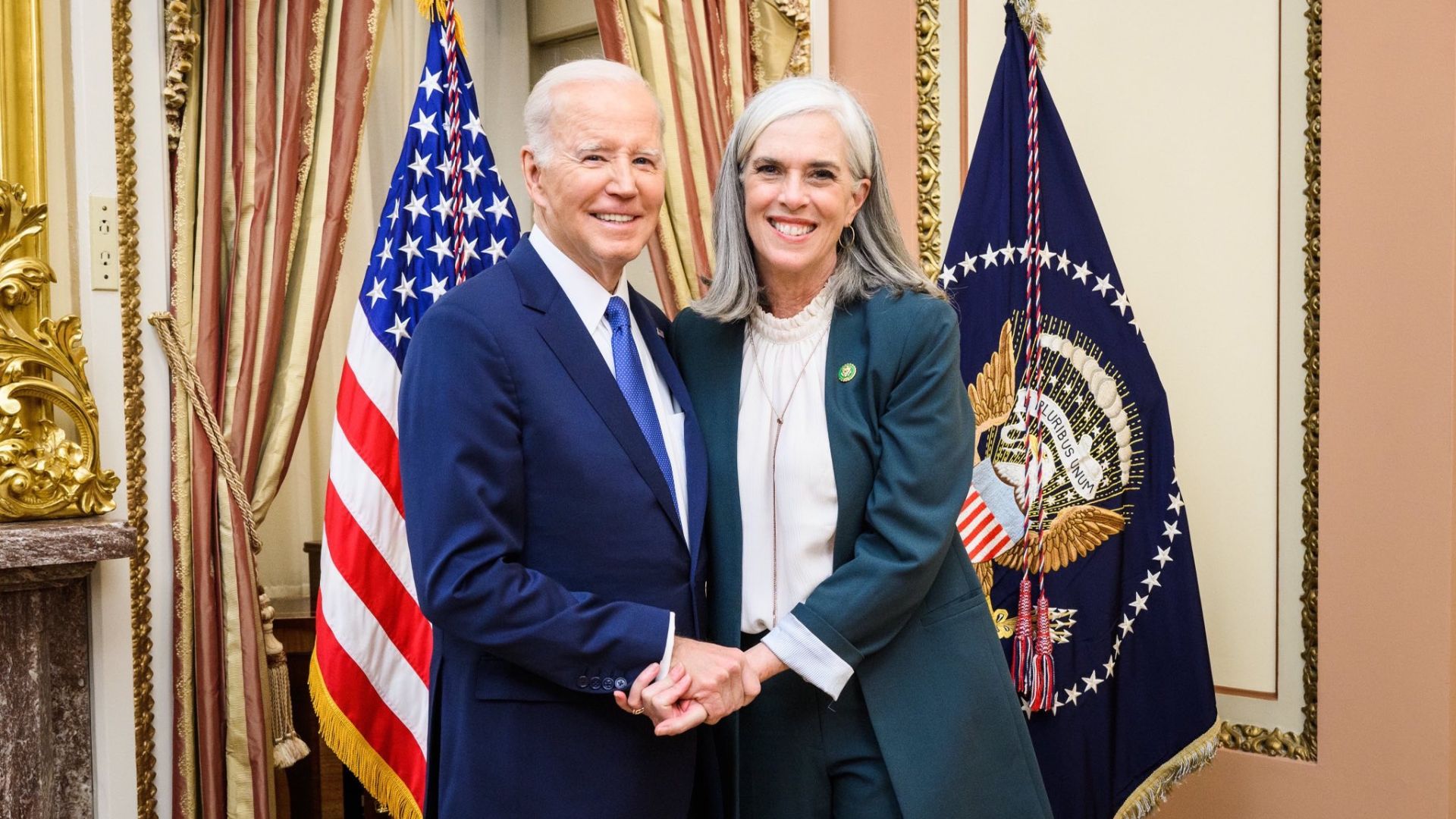
House Minority Whip Katherine Clark urged her Democratic colleagues to oppose the SAVE Act.
In a memo, she instructed them to “VOTE NO,” highlighting concerns about the potential burdens the new ID requirements would place on voters, particularly those who might lack the specified documentation.
Democratic Pushback
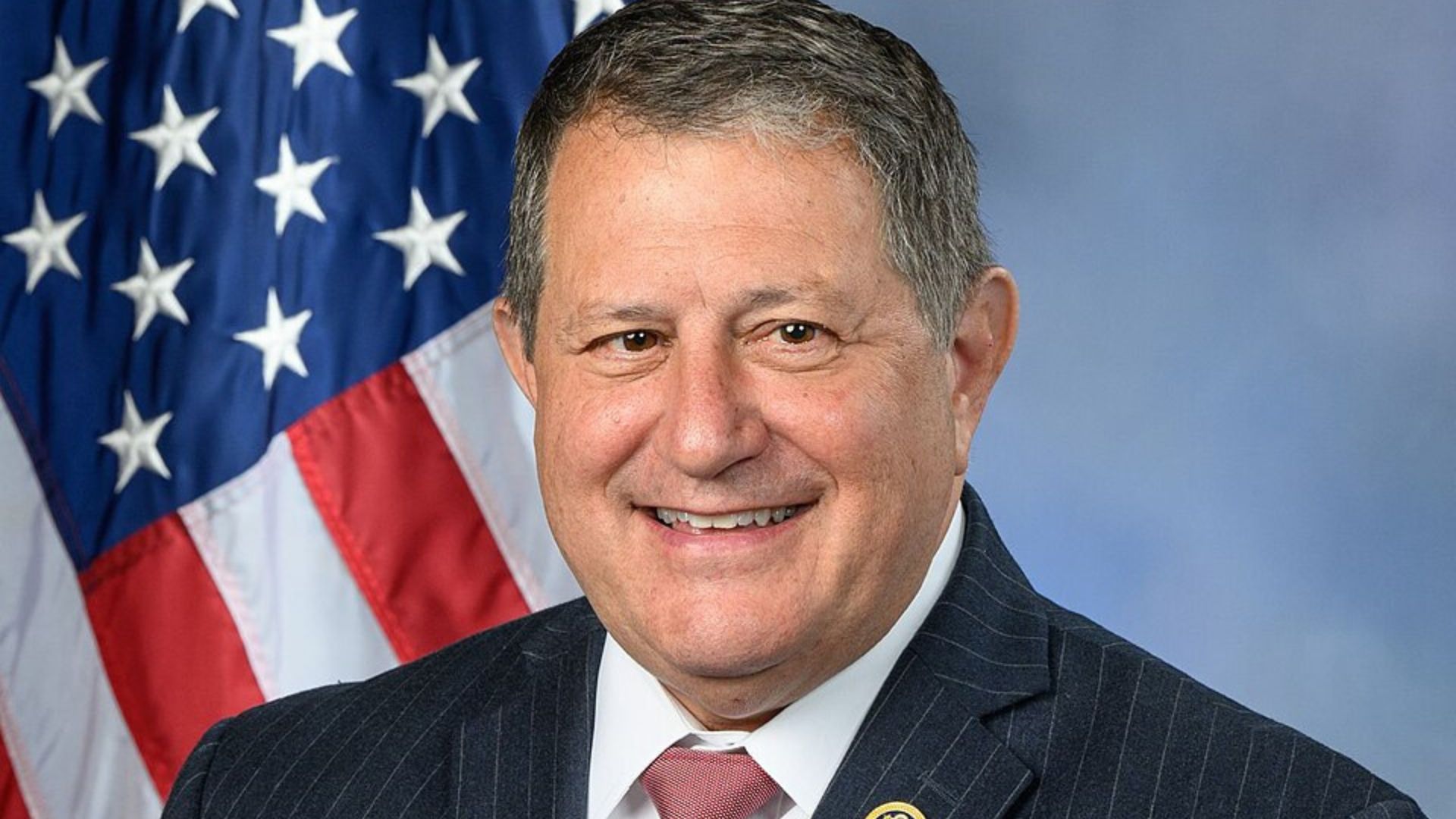
Democrat Joe Morelle has also been vocal in his opposition to the bill, calling it a transparent effort to convince Americans that elections are overrun with fraud.
He argues that the bill is merely a scare tactic designed to skew perceptions of electoral security.
Concerns Over Voter Accessibility
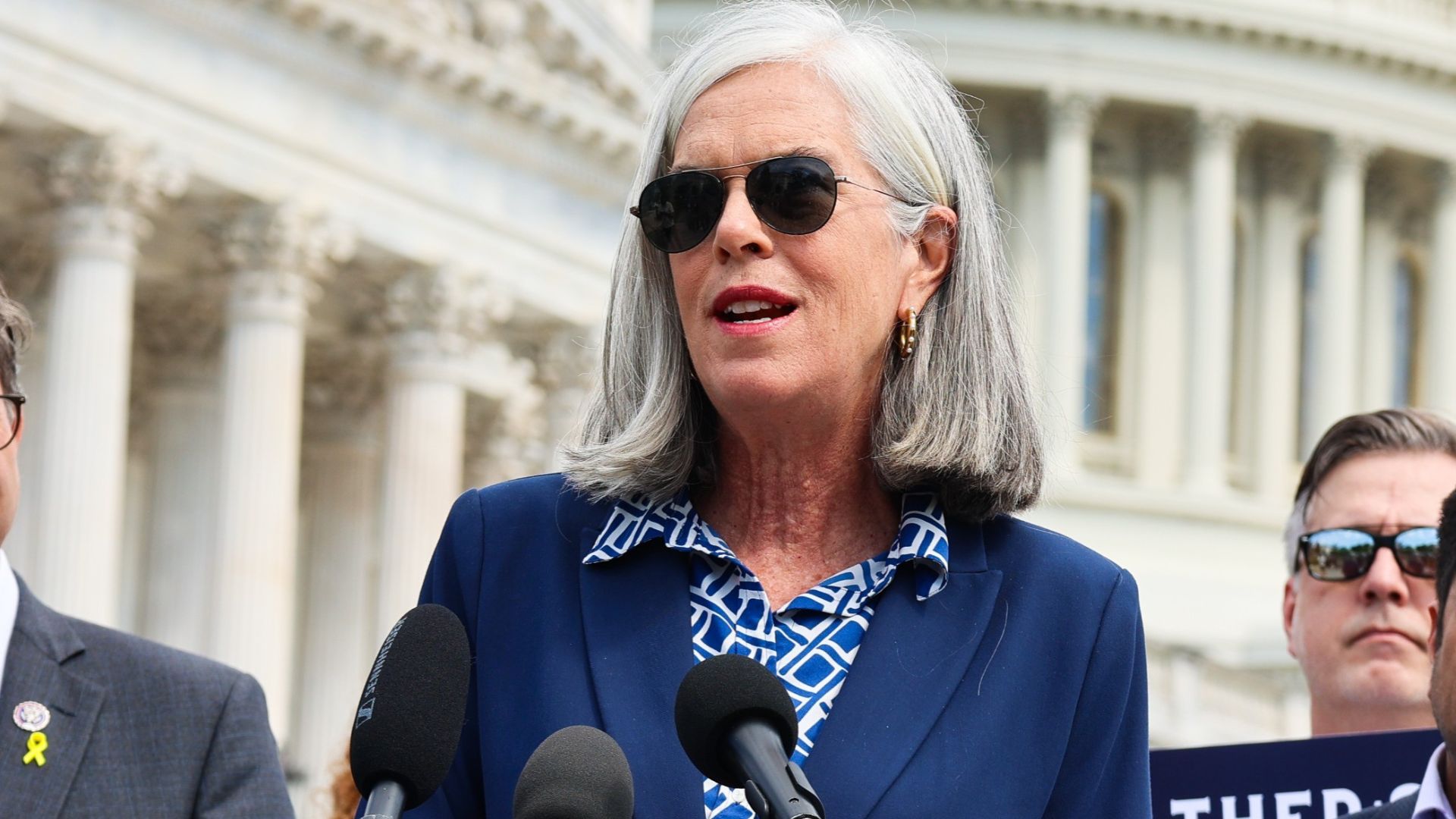
Clark further detailed the potential impact of the SAVE Act on voter accessibility.
She noted that “A REAL ID drivers’ license, a Tribal ID, or a military ID would be unacceptable unless coupled with additional documentation, such as a birth certificate or an extract from a birth record that proves the applicant was born in the United States.” This, she argued, would pose an extreme burden on many Americans, including military voters, Native voters, people who have changed their names, the elderly, the young, the poor, and naturalized citizens.
